I’ve already written a few posts about stomach acid and how, and why, the majority of us need higher levels in order to effectively digest our foods.
Well… this post is more of the same. Addressing low stomach acid levels is the FIRST step in ensuring our bodies are utilizing the nutrients we put in. The reason I keep coming back to this is increasing your stomach acid is something that YOU have the power to control. You can take your health back into your hands. Use these tips and see how you feel, regardless of whether of not you’ll be coming in for some nutritional therapy. The only people who shouldn’t work to increase their stomach acid are:
- people with too high stomach acid (rare)
- people with stomach ulcers (need to heal the ulcers first)
SIGNS OF LOW STOMACH ACID
- bloating after meals
- burping after meals
- heartburn, acid indigestion
- undigested food in your poop
- acne
- joint pain
- intestinal candida
- food allergies (AKA intolerances, not true allergies)
- iron deficiency / anemia
- low energy
- fatigued adrenal system
- nails that chip and break easily
- and much, much more!
WHY STOMACH ACID IS IMPORTANT
- kills bad bacteria, yeast, parasites and pathogens before they can get deeper in the digestive tract
- signals the pancreas, small intestine and gallbladder to properly produce digestive enzymes and bile to further digest food
- breaks down all foods, especially proteins
HOW TO INCREASE STOMACH ACID
- Eat unprocessed foods–take the biggest culprits, processed sugar, starches and alcohols, out
- Add fermented foods like sauerkraut, kefir, yogurt, kimchi, in to bring good bacteria and yeast back into the gut environment
- Take a shot of raw apple cider vinegar before meals, or at least in the morning. Follow with a swish of water
- Take a few drops of digestive bitters in water before meals
- Take betaine HCl capsules at the start of meals
- Take digestive enzymes at the start of meals
- Hold off on Tums and other antacids which only are only treating a symptom (heartburn) of the problem (low stomach acid)
Low stomach acid is a fascinating issue that many, MANY of us face without even realizing. What depletes stomach acid? Stress (physical and emotional), highly processed carbohydrates and sugars, alcohol consumption, lack of sleep, too few vegetables, not enough protein… you know, the stuff that happens to all of us and we encounter in our modern world.
Do yourself good and check in with your stomach–y’all got enough acid in there?
